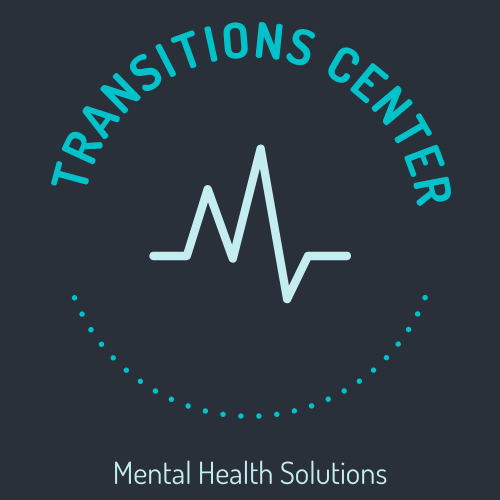Breaking up is difficult, and choosing to terminate a relationship can be far more stressful and perplexing when you’re “dumping” your therapist, who may or may not have been the vessel for some of your innermost concerns.
You may be feeling something’s not quite right after only a few sessions. Perhaps you’re just not making progress, but you’ve gotten so comfortable with the security and dependability of that routine that it’s difficult to break free from it. In the ideal situation, you’ve made significant strides and are ready to call therapy quits entirely.
Do you really want to end it?
If you’ve been in therapy for a while, it’s natural to feel like you might be ready to end the relationship. Maybe you feel like you’ve made progress and are ready to tackle life on your own. Or maybe you’re just not sure if therapy is right for you.
Before you make the decision to end therapy, it’s important to ask yourself a few questions. Do you really want to end it? Are you sure that now is the right time? And what does ending therapy mean for you?
These are tough questions to answer, but they’re worth considering before making any decisions. If you’re not sure if ending therapy is right for you, consider talking to your therapist about your concerns. They can help you explore your options and figure out what’s best for you.
Ending therapy is a big decision, so make sure you’re confident in your choice before taking any action. And if you’re not sure, that’s okay too. The most important thing is to do what’s right for you and to be honest with yourself about what you want.
Ending therapy on a positive note
The decision to end therapy is a big one. It can be difficult to know when the time is right, and how to go about ending things in a way that respects both you and your therapist. Here are seven tips on how to end your therapy relationship the right way.
1. Give yourself some time to think about it
Once you’ve decided that you want to end therapy, it’s important to give yourself some time to think about it. This isn’t a decision that should be made lightly, and it’s important to be sure that this is what you really want before taking any further steps.
2. Talk to your therapist about it
Once you’re sure that you want to end therapy, the next step is to talk to your therapist about it. This can be a difficult conversation, but it’s important to be honest with your therapist about your decision.
3. Give them a heads up
Once you’ve talked to your therapist about your decision, it’s important to give them a heads up before your last session. This way, they can prepare for the end of therapy and make sure that they have everything they need from you.
4. End on a positive note
When the time comes for your last session, try to end on a positive note. Thank your therapist for their help and let them know that you appreciate all they’ve done for you.
5. Keep in touch
Just because therapy is over doesn’t mean you have to say goodbye to your therapist forever. If you want to keep in touch, let them know and exchange contact information.
6. Take care of yourself
Finally, after you’ve ended therapy, it’s important to take care of yourself. This is a big change, and it’s important to give yourself time to adjust. Seek out support from friends and family, and make sure to do things that make you happy.
Ending therapy can be a difficult decision, but if you follow these tips it can be a positive experience for both you and your therapist. Just remember to take your time, be honest with your therapist, and most importantly – take care of yourself. With a little bit of effort, ending therapy can be the start of a new and exciting chapter in your life.
There are several reasons to seek therapy, and many reasons to end it. If you feel it’s time to “end things” with your therapist, do it in a polite manner. Consider writing down your reasons so that you can understand why you’re doing what you’re doing. Begin a conversation with your therapist by being polite and honest.
About the Authors
Transitions Center for Natural Mental Health Treatments for a variety of physical and mental dependency issues and conditions. Substance use disorders are difficult to understand for many people. The physical and mental aspects of any substance disorder are complicated and unique to the individual suffering. The differences between physical and psychological dependency vary but have some similarities. Transitions Center for Natural Mental Health Treatments help the public know what to look for as a means of helping a loved one cope with the challenges of mental health disorders.
Thanks to the greatest what is delta 8 cbd. The Mary Jane’s CBD Dispensary team is ready and waiting to help you find the right products for your needs. Whether it be a mental or physical ailment, they can provide you with quality-made CBD Hemp products that will meet all of your requirements. If you have any questions about their company, please reach out to them by visiting their site! They are always happy to answer any inquiries in order to better serve their customers and community members.

